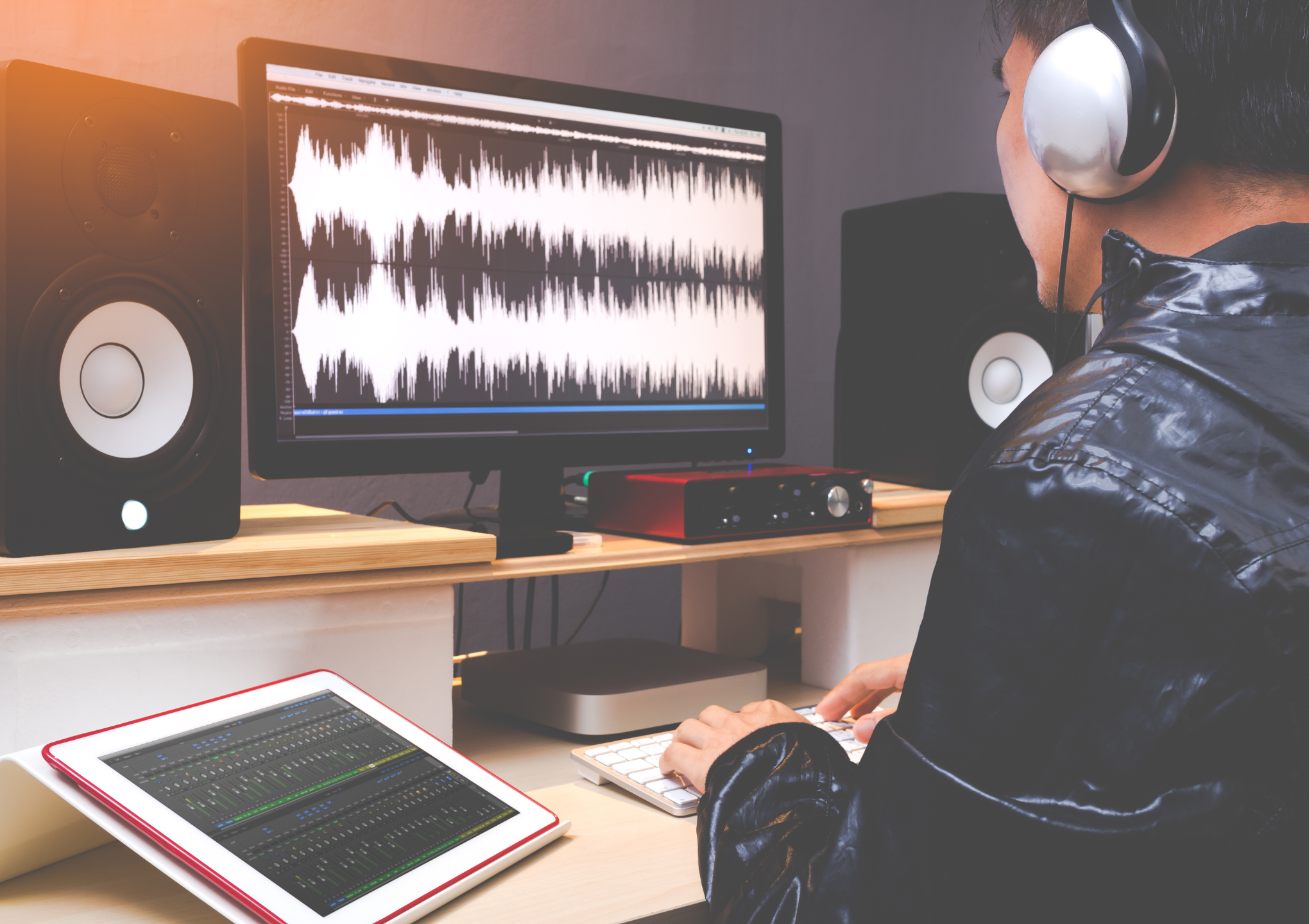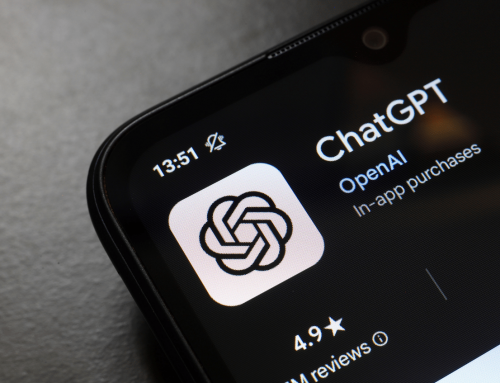"Yippie-Ya-Yeah" only with permission
A bizarre but groundbreaking case: a YouTuber has used artificial intelligence (AI) to imitate the unmistakable voice of Manfred Lehmann, the German voice actor for Bruce Willis. He did not obtain consent in advance. The artificially generated voice appeared in two of the YouTuber's videos - and sounded so convincing that many viewers thought Lehmann had recorded it himself. But he didn't.
Now the Regional Court of Berlin II (case no. 2 O 202/24) has ruled: This is not acceptable. The use of the AI voice violates the right to one's own voice, a part of the general right of personality. The YouTuber must pay - a fictitious fee of 4,000 euros.
Not all voices are the same - or are they?
The court clarified that although it was technically not Lehmann's real voice, but an AI-imitated version, this was not the decisive factor. This is because the voice was deliberately designed to sound as similar as possible - and that leads to a risk of confusion. In the comments on the videos, many viewers wrote that they were sure the voice came from Lehmann.
The court argued that this "voice theft" should be assessed no differently than imitation by a professional voice impersonator. Whether human or machine - the decisive factor is how the voice is received by the audience. And if the impression is created that Lehmann has participated, the matter is clear: personal rights have been violated.
Satire or not - reputation remains protected
The YouTuber justified himself by arguing that the videos were satirical and criticized the policies of the German government - in other words, an artistic expression of opinion. But the court did not accept this. This was because Lehmann's voice was not used for satirical exaggeration, but to authentically enhance the content - including a link to an online store.
Even more piquant: According to the court, the YouTuber was "obviously more to the right". The fact that his videos suggested a false proximity to Lehmann due to the distinctive voice could cause him massive damage. The use of the AI voice without labeling is additional reputational damage.
The voice belongs to the human - not the AI
We believe that what happened here is probably just the beginning. Because the case shows very clearly that just because an AI can do something doesn't mean it can do it. The voice of a well-known person is just as protected as their face - and must not simply be copied, whether by deepfake or audio AI.
Clear boundaries are needed, and this ruling draws an important line: anyone who uses a known voice needs their consent - whether analog or digital.







